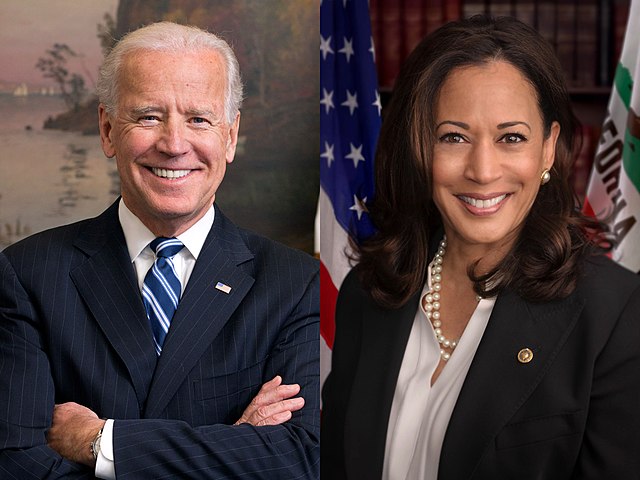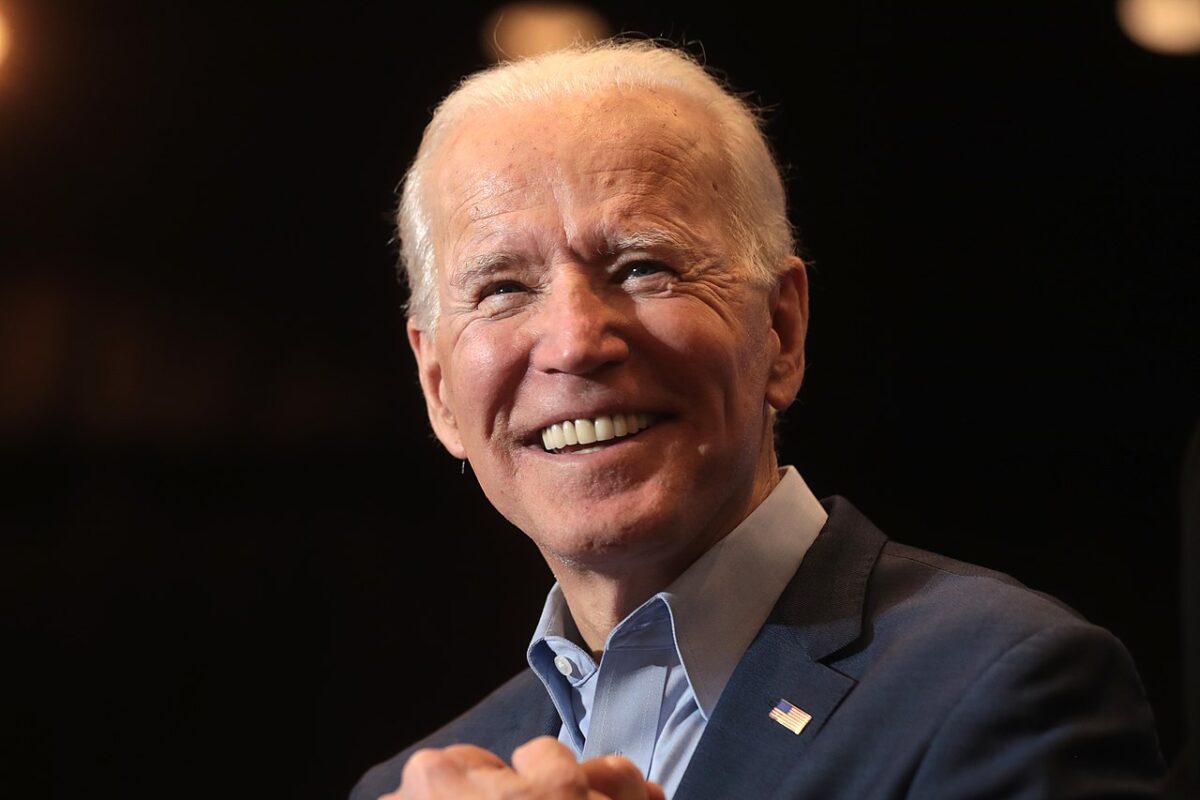The United States was on the cusp of a new era on November 7 after Joe Biden was declared the winner of the contentious U.S. presidential election. Having triumphed in Pennsylvania, his home state, and having increased his lead in Nevada, Arizona and Georgia, Biden and his vice-presidential running mate, Kamala Harris, the first woman to be chosen for this position, squeaked past the finish line in one of the most hotly contested elections in American history, leaving President Donald Trump no path to reelection.
Nevertheless, Trump has not graciously conceded, being convinced that voter fraud, in the form of spoiled mail-in ballots, contributed to his defeat. Claiming the election is “far from over,” he is challenging the outcome in the hope of winning a second term.
Trump, an arch narcissist and now a sore loser, cannot believe he was beaten, having already declared that only a “rigged” election could deprive him of this glittering prize. Trump’s self-fulfilling prophecy, rooted in a myopic conviction of self-entitlement, will haunt him for the rest of his days. His reaction was fully in keeping with his delusional assumption that he is indispensable and that Biden was an unworthy opponent.
But as reality sets in, Trump and his closest associates will have no alternative but to bow to the facts on the ground and acknowledge Biden’s victory.
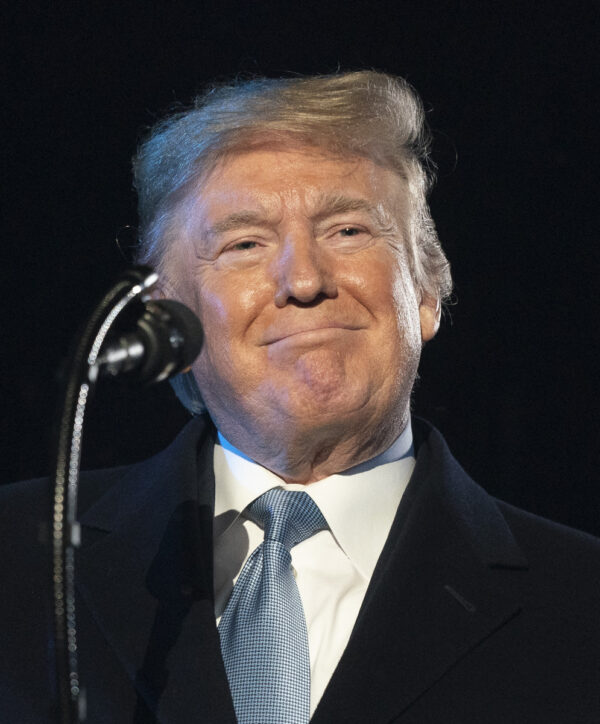
Trump leaves behind a dark and unsettling legacy of divisiveness, bitterness, chaos, hubris and ugly partisanship. Americans can breathe a huge sigh of relief that he will soon be gone, banished to his multi-million dollar Trump Tower condo in Manhattan or his lavish palm-fringed estate in Florida. He may try for a comeback in 2024, but for all intents and purposes his brand of leadership may have been discredited, even in some mainstream Republic Party circles.
This is a man who assumed the highest office in the land despite a total lack of experience in politics and severe character flaws. These deficiencies, perhaps, helped him vault past 16 competitors, some far more qualified and appropriate than him, and to win the Republican presidential nomination.
As president, however, he remained an apprentice who never became a master craftsman.
Clearly, Trump was not a conventional politician, and that was ultimately the secret of his success. Among the so-called “deplorables,” as Trump’s 2016 Democratic adversary Hillary Clinton so condescendingly described his supporters in an unguarded moment, he was a breath of fresh air, someone who understood their concerns and fears.
From the moment he announced his candidacy, Trump was disdainful of the customs and pieties that presidential aspirants normally observe. He was blunt to the point of recklessness. He was coarse in denigrating adversaries and members of his own cabinet, such as Rex Tillerson, his first secretary of state. He was a serial liar. He shamelessly showered praise on himself like no other president in modern times. He had no tolerance for criticism. All too often, he demeaned the decorum of his office. He was not presidential.
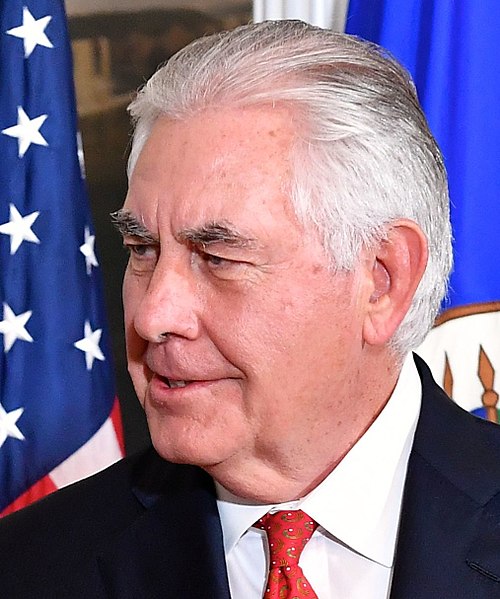
People who had known Trump or had worked with him, from his sister to his personal lawyer, did not have kind words for him.
Trump’s modus operandi was to tear down existing structures. In denouncing U.S. immigration laws, he lambasted Mexican “rapists” intent on infiltrating into America, thereby tarring all Mexicans with the same brush. He imposed a Muslim travel ban, while claiming he had nothing against Muslims. He castigated the North American Free Trade Agreement, while taking the United States’ pivotal relationship with Canada for granted.
Suggesting that NATO was obsolete, he cozied up to Russian President Vladimir Putin, but failed to improve ties with Moscow. Trump, though, was successful in inducing NATO members to pay their fair share of expenditures. He complimented China’s leader, Xi Jinping, but presided over a sharp deterioration of bilateral relations with China over trade and spheres of influence. He engaged the rogue state of North Korea in talks, but these negotiations fizzled.
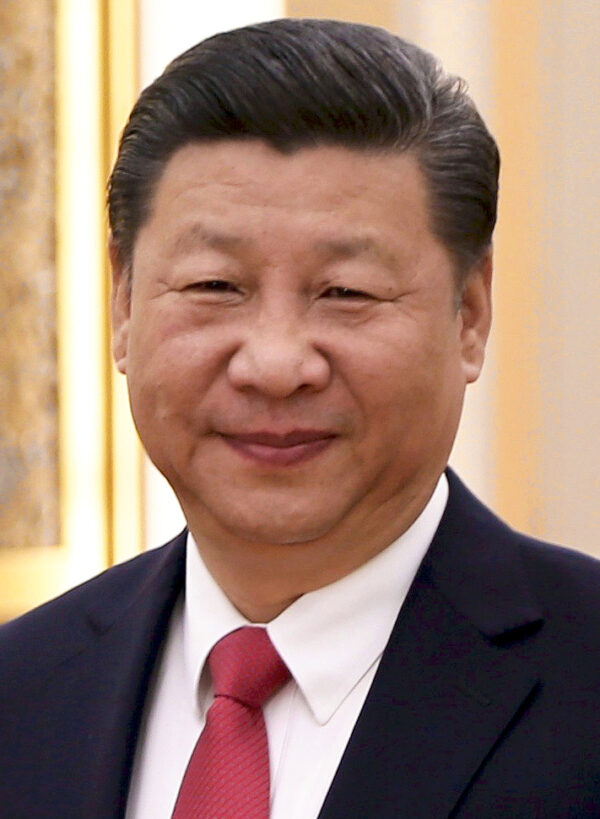
He promised to withdraw American military forces from endless wars in the Middle East, but in fact increased the number of U.S. troops in the region. Trump promoted the “deal of the century” to resolve Israel’s conflict with the Palestinians, but his vision of peace was so one-sidedly in favor of Israel that the Palestinian Authority denounced and boycotted it. To his credit, Trump moved mountains in persuading the United Arab Emirates, Bahrain and Sudan to normalize relations with Israel.
On the domestic front, Trump ran into trouble when news leaked out that he had attempted to cajole the president of Ukraine to investigate Biden — whose son was involved in questionable Ukrainian business deals — so as to enhance his reelection prospects. The House of Representatives, controlled by Democrats, impeached Trump on charges of abuse of power and obstruction of Congress, but the Republican-dominated Senate exonerated him.
Trump pulled out of the Paris climate accord, proving that his faith in science was merely skin deep. And he gutted President Barack Obama’s national heath care plan without producing a viable substitute.
A populist and an aficionado of conspiracy theories, Trump displayed ambivalence toward white supremacy, though he denounced antisemitism. In the wake of the infamous Unite the Right rally in Charlottesville in 2017, he claimed that some very fine people could be found in both camps — white supremacists and their opponents. And at the first televised debate with Biden, he seemed reluctant to attack white supremacists head on.
Many African-Americans regarded him as a racist, notwithstanding his specious claim that no other president with the exception of Abraham Lincoln had done so much to advance equality in America.
Trump’s attitude to the coronavirus pandemic was underwhelming, though he funnelled trillion dollar aid packages to businesses and individuals adversely affected by it. He continually underestimated its severity, reopened the economy too soon and too fast, mocked mask wearing, attacked Dr. Anthony Fauci — the preeminent infectious disease specialist he had recruited to guide the nation’s response to it — and falsely insisted the U.S. was “rounding the corner” in taming it, even as new infections rose to unprecedented heights.
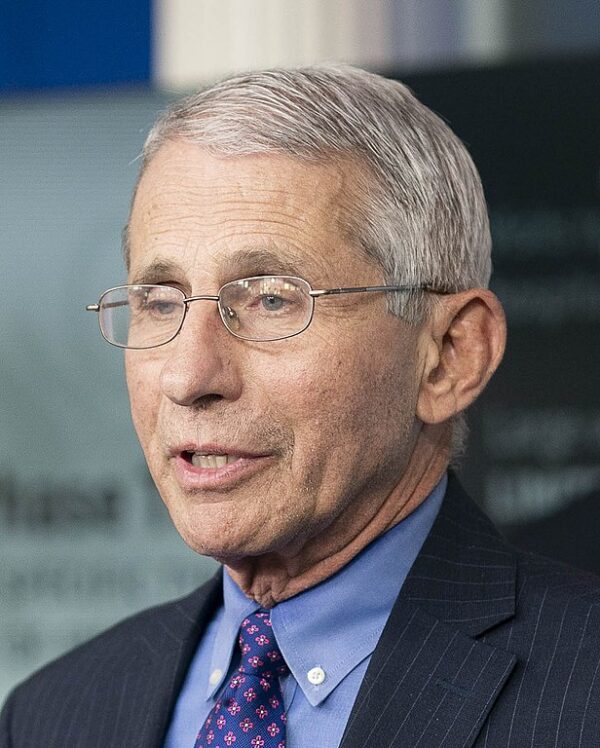
Trump’s cavalier approach to the contagion may well have been his Achilles Heel, the biggest reason his ship capsized. In the end, the majority of American voters “fired” Trump, much to his anger and humiliation.
It now falls on President-elect Biden — the oldest and only the second Catholic president — to heal the wounds of Trump’s rancorous presidency, to unite a dangerously divided and badly polarized country, and to restore a sense of normalcy in the United States.
